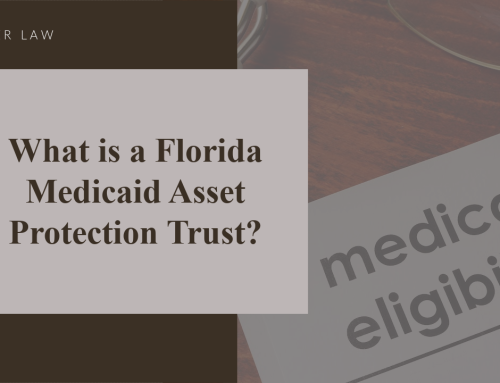Medicaid Benefits | The qualification process for Medicaid financial assistance is confusing to most people. To become eligible for this state-administered program, there are income and asset limits. This asset is counted while this one is not. How do I know which is and which isn’t? Fortunately, experienced elder law attorneys can help you obtain this important financial benefit. One of the common hurdles to becoming eligible for Medicaid is the government’s “look-back period.”
What is it?
If you are applying for Medicaid, you need the assistance of someone to take care of your health needs in your home, or you need to live in an assisted living community or nursing home for that care. You also need help affording this expensive care.
So, in starting the Medicaid process you are essentially telling the government you do not have enough income and assets to pay for long-term care. To prevent you from giving away your hefty assets or selling them off at less-than-market value, the Medicaid process involves a look-back period. In most states, including Florida, the look-back period is 60 months (five years) from the date of application.
What happens?
If you did transfer assets during this time span, you are in violation of this particular rule and subject to a penalty period. Medicaid guidelines set the length of that penalty. The idea here is that if you didn’t give away, transfer or sell off those assets, you would have had money to pay for healthcare services for at least a little while.
If your transfers came before the five-year look back, there is no penalty.
All is Not Lost
Having said all that, there are exceptions and workarounds to Medicaid’s myriad rules. An experienced elder law attorney can explain the process and potential solutions that might apply in your state. Everyone’s financial situation is different, and so too would the path to qualifying. At Mortellaro Law, we help Medicaid applicants every day as their Medicare days are running out. All it takes is one phone call. Our initial consultations are always free.






